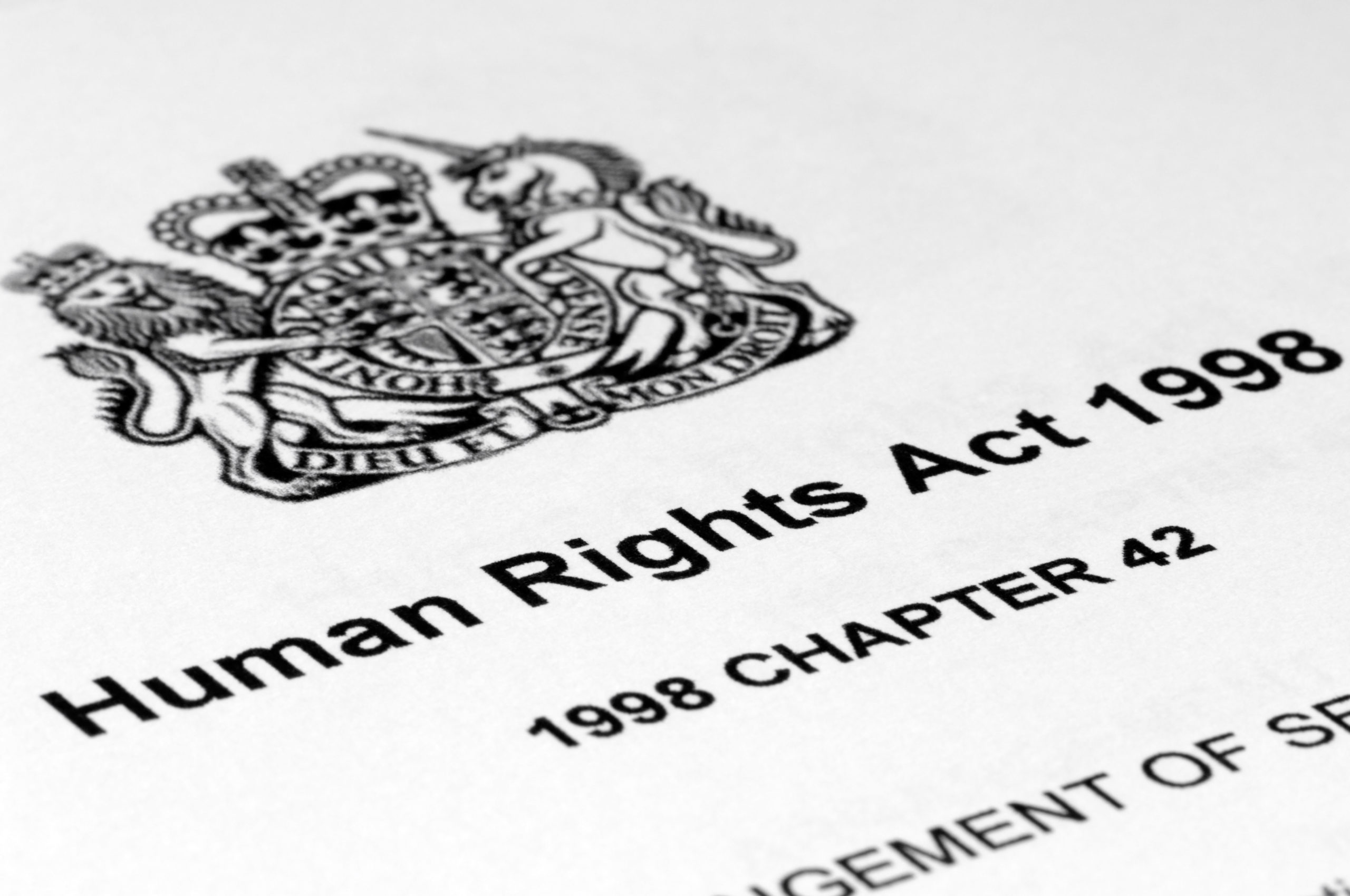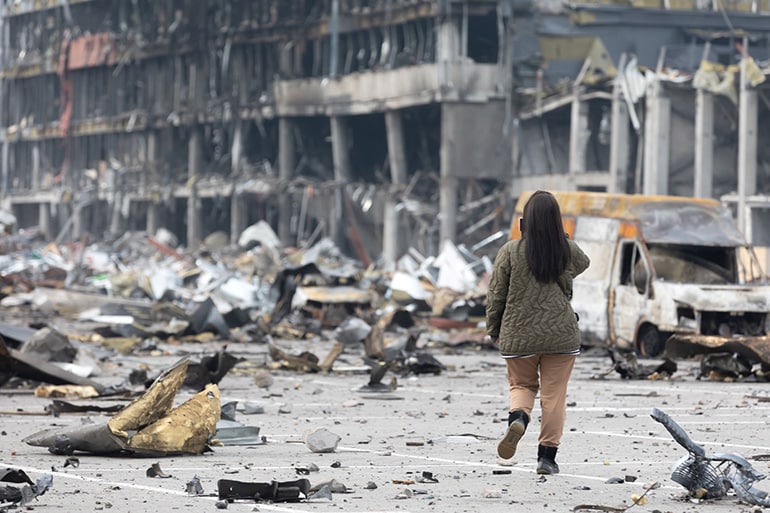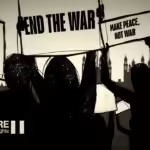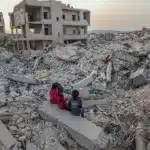June 2020
Measures taken in the name of national security and combating terrorism have led to grave and widespread violations of human rights in Iran, according to a new report published jointly by Minority Rights Group International and the Ceasefire Centre for Civilian Rights.
In the Name of Security: Human rights violations under Iran’s national security laws details how Iranian authorities have imprisoned, tortured and killed their own citizens in pursuit of a national security imperative that has dominated public life in Iran since the Islamic Revolution of 1979. Those targeted for the worst treatment include political dissidents, ethnic and religious minorities, dual nationals, and migrants.
Measures taken in the name of national security and combating terrorism have led to grave and widespread violations of human rights in Iran, according to a new report published jointly by Minority Rights Group International and the Ceasefire Centre for Civilian Rights.
Read the report here: In the Name of Security: Human Rights Violations under Iran’s National Security Laws (in English) and in Farsi.
In the Name of Security: Human rights violations under Iran’s national security laws details how Iranian authorities have imprisoned, tortured and killed their own citizens in pursuit of a national security imperative that has dominated public life in Iran since the Islamic Revolution of 1979. Those targeted for the worst treatment include political dissidents, ethnic and religious minorities, dual nationals, and migrants.
‘Iran’s securitised worldview sees all political challenge as an existential threat,’ says Drewery Dyke, the report author. ‘This has led to unfettered and illegal killings during recent state-wide protests over the dire economic situation and botched efforts to deal with Covid19 effectively.’
The report finds that the threat posed by COVID-19 was treated by the Iranian authorities not just as a public health challenge but also as a national security issue, with state media reporting that the virus could be a US-manufactured ‘bioweapon.’ The security services detained thousands of people for challenging the government’s narrative of its handling of the virus, including over social media.
The dominance of the national security narrative in Iran has led to the growth in power of the Islamic Revolutionary Guards Corps (IRGC), which plays a decisive role in the intimidation and prosecution of those whom it considers a threat. Its anti-riot units, formed by the paramilitary Basij, are the country’s most important units to suppress public protests and riots.
Its conduct has exacerbated poor relations with minority communities in Kurdistan and Baluchistan, as well as with Arabs, Azerbaijani Turks and Turkmen, all located on Iran’s borders. Minority rights activism in Iran is often falsely and deliberately conflated with separatism and terrorism, the report argues.
The report also reveals the IRGC’s shocking role in trafficking and forcibly recruiting large numbers of Afghan and Pakistani migrants to fight on its behalf in the Syria conflict. While the IRGC promised recruits a good income and the possibility of acquiring Iranian citizenship, many Afghans and Pakistanis died in the fighting and never returned to Iran.
‘The Supreme Leader, government and new parliament must work to end this approach to restore dignity to Iran’s varying ethnolinguistic, religious and other communities that are suffering,’ urges Dyke. ‘The Islamic Republic does face real security threats, but for how long can it continue treating its own people as the enemy?’
Note to editors:
- In the Name of Security: Human rights violations under Iran’s national security laws is published on 29 June 2020 by the Ceasefire Centre for Civilian Rights and Minority Rights Group International. It follows the earlier reports Rights Denied: Violations against ethnic and religious minorities in Iran (2018) and Beyond the Veil: Discrimination against women in Iran (2019).
For more information or to arrange interviews: contact@ceasefire.org























